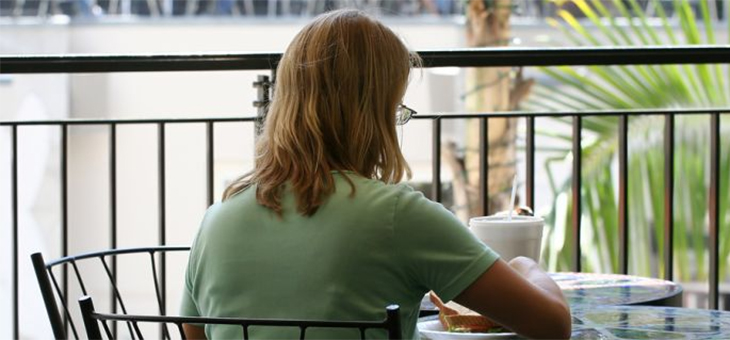A new report has found that one in four Australians is lonely.
The Australian Psychological Society and Swinburne University’s Australian Loneliness Report, released last week, found that one in two (50.5 per cent) Australians feel lonely for at least one day in a week, while more than one in four (27.6 per cent) feel lonely for three or more days.
The results come from a survey of 1678 Australians from across the nation and used a comprehensive measure of loneliness to assess how it related to mental health and physical health outcomes.
The report found nearly 55 per cent of the population feel they lack companionship at least sometimes. Perhaps unsurprisingly, Australians who are married or in a de facto relationship are the least lonely, compared to those who are single, separated or divorced.
While Australians are reasonably connected to their friends and families, they don’t have the same relationships with their neighbours. Almost half of Australians (47 per cent) reported not having neighbours to call on for help.
Lonely Australians, when compared with their less lonely counterparts, reported higher social anxiety and depression, poorer psychological health and quality of life, and fewer meaningful relationships and social interactions.
Loneliness increases a person’s likelihood of experiencing depression by 15.2 per cent and the likelihood of social anxiety increases by 13.1 per cent. Those who are lonelier also report being more anxious during social interactions.
Interestingly, more Australians aged 56-65 were lonely compared with other age groups, while those aged over 65 were the least lonely.
Swinburne University clinical psychologist Dr Michelle Lim said the report showed that the physical effects of loneliness were too powerful to ignore.
“Researchers are just beginning to understand the detrimental effects of loneliness on our health, social lives and communities,” Dr Lim said.
“Even caring and highly trained staff at emergency departments may trivialise the needs of lonely people presenting repeatedly and direct them to resources that aren’t right.
“Increasing awareness, formalised training, and policies are all steps in the right direction to reduce this poor care.
“For some people, simple solutions such as joining shared interest groups (such as book clubs) or shared experienced groups (such as bereavement or carers groups) may help alleviate their loneliness,” she said.
How many times a week do you feel lonely? What tactics have you employed to try and combat loneliness? Do you feel like your loneliness affects your physical wellbeing?
Related articles:
Common drugs linked to lung woes
Tackling Australia’s biggest killers
What is a silent stroke?

